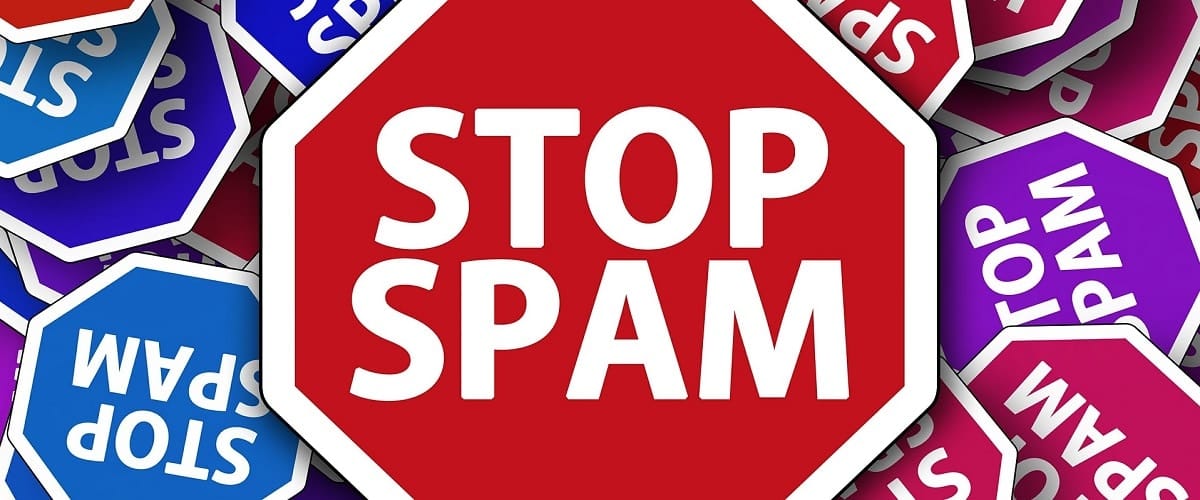This month, Google announced updates to its core algorithm and spam policies, including manual penalties against websites with excessive AI-generated and low-grade content. In particular, they took measures against spam both manually and through algorithms. Therefore, if your rankings have dropped without any apparent manual action taken against it, you must review all possible violations to determine any spam violations in your content.
Our guide sheds some light on Google’s most recent update and provides helpful tips for responding if your site is penalized due to this update.
3 New Google spam policies to fight Spam and search engine Manipulation
The core update introduces three new spam policies. These policies target abuse of site reputation, expired domain misuse, and scaling content abuse. These steps are essential in upholding search results’ integrity.
Scaled Content Abuse
Google doesn’t object to AI being used to scale content but has consistently opposed automation for producing low-quality posts to manipulate search rankings.
Here is what Google said about it in their new announcement:

Source: Google
Site Reputation Abuse
Websites now under closer examination include those that publish third-party content purely to manipulate rankings. This is to protect highly reputable sites from those looking to exploit their good name through third-party manipulation of search rankings.
Google classifies content produced for ranking purposes without proper oversight from its owner as spam.
Here are more details about this update from Google’s announcement:
Source: Developers.google.com
Expired Domain Abuse
Google is taking steps to curb the misuse of expired domains. Such an approach often allows inferior content from websites formerly considered trustworthy to be featured prominently in search results, undermining user trust in search results and weakening user confidence. With this update, they plan to address this problem directly.
Only high-quality sites will gain top rankings by taking steps against these practices, providing users with reliable information online. in fact, Google confirmed that it’s Ok to use an old domain for a new site, as long as the content is there to help people first.
Source: Developers.google.com
How to Recover From Google Penalties?
Recovering from a Google penalty can be challenging, but you can get your website back on track with the right approach. Here are 7 simple steps to help you through the process:
- Identify the Penalty: First, determine whether the traffic drop is due to a Google penalty. Check your Google Search Console for any messages regarding manual penalties. For algorithmic penalties, compare your site’s traffic drops with dates of known Google algorithm updates.
- Analyze Your Content: Evaluate your website’s content for quality and relevance. Ensure your content provides users value and adheres to Google’s Webmaster Guidelines. Remove or revise any duplicate, thin, or plagiarized content.
- Review Your Backlinks: Use Google Search Console or other similar tools to analyze your backlink profile. Look for spammy or low-quality links and remove or disavow them.
- Submit a Reconsideration Request: Once you have cleaned up your site, request a reconsideration using Google Search Console. Add details about what steps have been taken to resolve any issues. Be honest in describing exactly how these have been corrected. The March 2024 Core Update seeks to enhance search result quality through multiple strategies.
- Improve User Experience: Google values user experience highly. To ensure an optimal site experience for visitors, it must be mobile-friendly with fast loading times and straightforward navigation; improving these factors may help overcome algorithmic penalties over time.
- Monitor Your Progress: Monitor your website’s analytics and search rankings. Recovery may take time, so be patient and monitor for improvements or further issues.
- Stay Compliant: Ensure that all SEO practices align with Google’s guidelines. Regularly update your website with high-quality content and maintain a natural backlink profile to avoid future penalties.
Final Words
Remember, recovering from a Google penalty requires careful analysis and following best practices. With persistence and attention to detail, your site can regain its standing in search results.
Also, these updates are just a few rules to respect, as there are more. For example, link spam is a big NO, which is why you should avoid acquiring automated backlinks. Manual outreach link building is the way to go. If you’re new or don’t have the knowledge, contact us and we will handle your outreach campaign.
FAQ on Google Spam Policies
What new spam policies has Google implemented by in this update?
Google has introduced new spam policies that include:
- Enhanced actions against the mass production of low-quality content, whether automated or human-generated.
- Tougher consequences for sites that publish low-quality content under the guise of reputable sites.
- Initiatives to prevent the misuse of expired domains from deceiving users with substandard content.
How does Google’s March 2024 Core Update improve search results?
The March 2024 Core Update seeks to enhance search result quality through multiple strategies:
- Making algorithmic improvements to the core ranking systems.
- Focusing on bringing helpful information to the forefront and reducing unoriginal content in search results.
- Aiming to cut down low-quality, unoriginal content by 40%, continuing efforts that started in 2022.
- Refining ranking algorithms to better assess content quality and user experience.
What is the deadline for complying with Google’s updated spam policies?
Google has set specific deadlines for websites to comply with the updated spam policies:
- Websites have two months to comply with the new spam policies.
- The other changes related to the March 2024 Core Update will take effect within the week following the announcement.
- Google stresses the urgency of adapting to these updates quickly to preserve or enhance search rankings.



Content Marketing vs. SEO: Why You Need Both to Win Online
What is a Blog? – Definition, How to Start a Blog, and Why Your Business Needs One